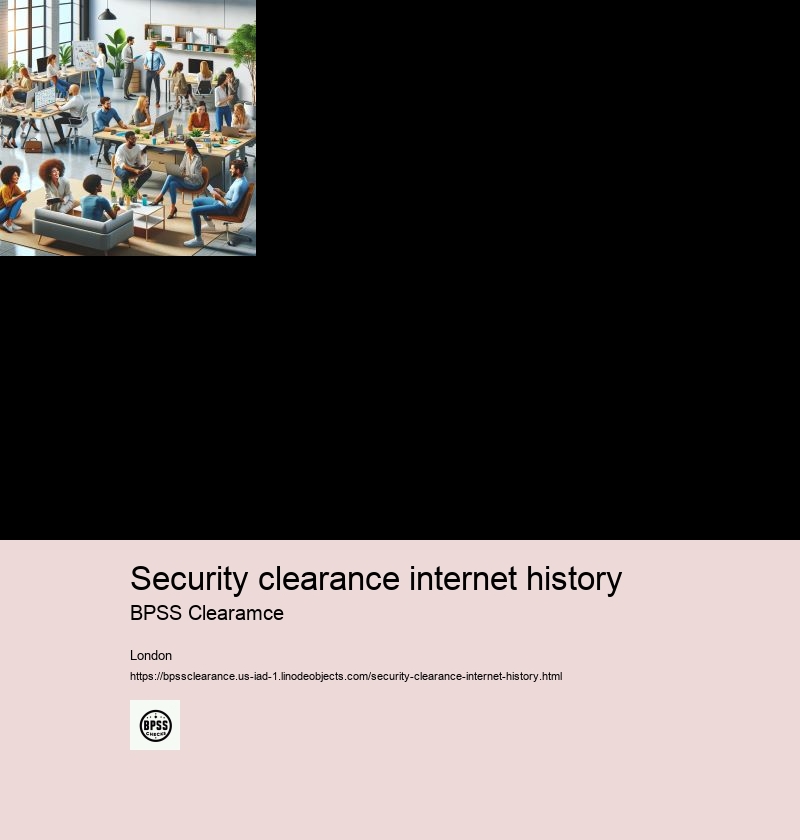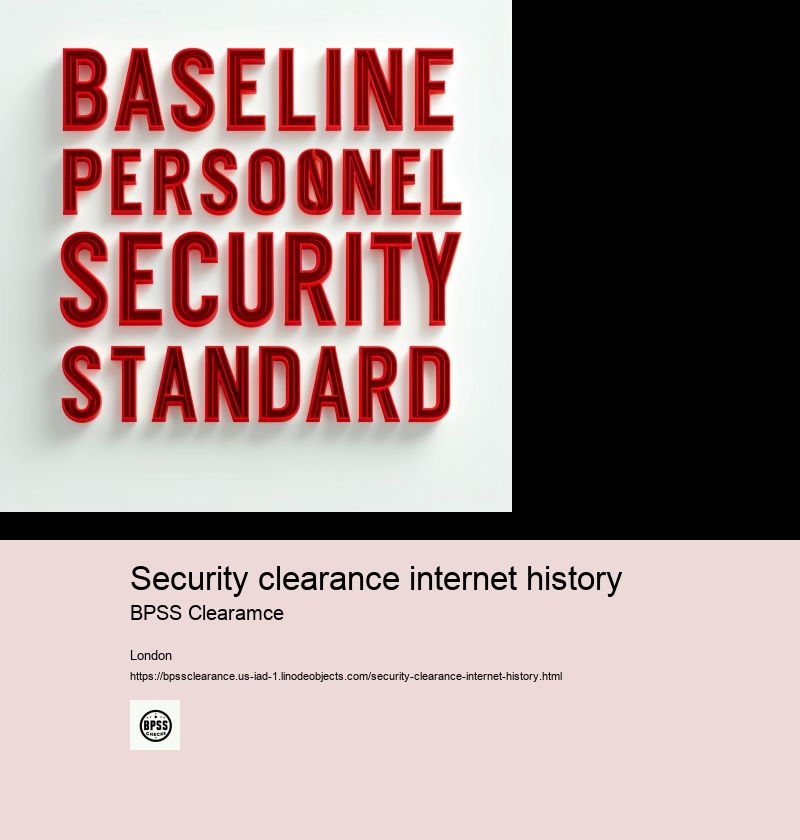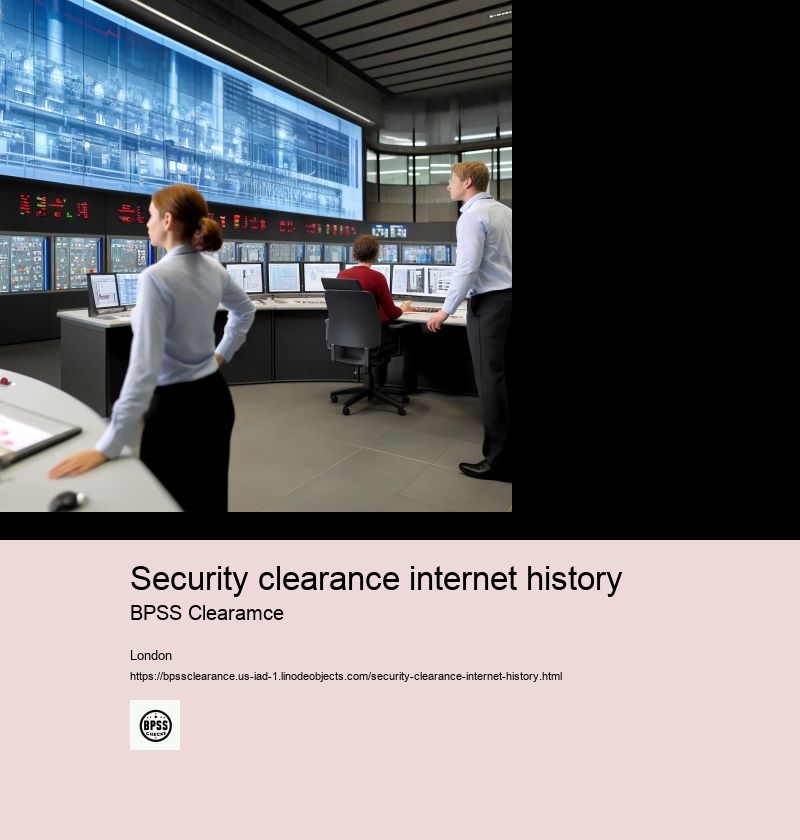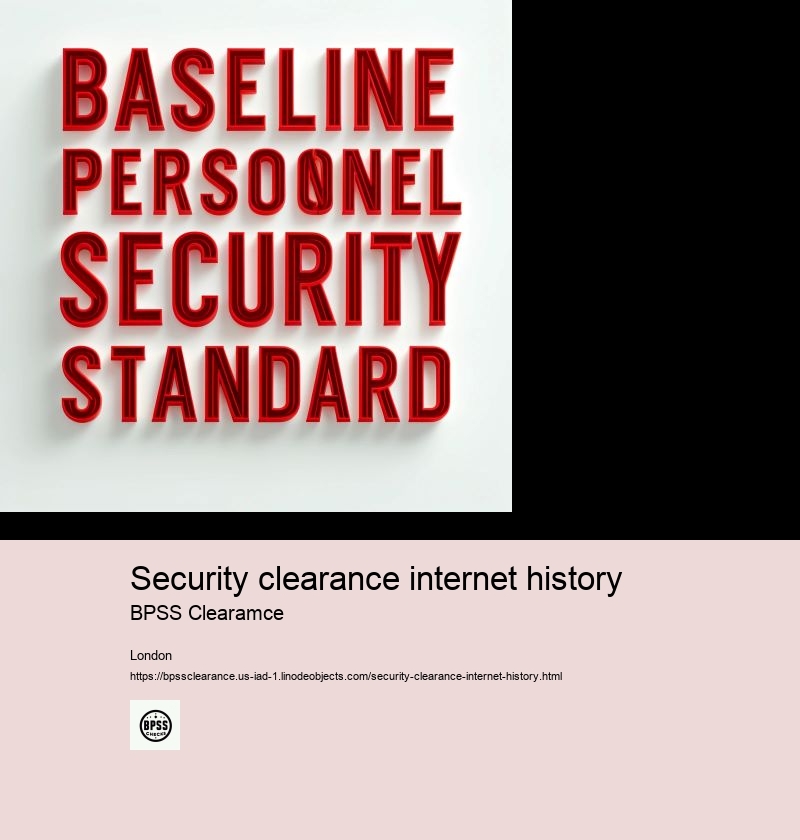security clearance internet history
Disclosure Scotland
What Is in a BPSS Check?
Security clearance internet history - Disclosure Scotland
- Identity documents
- UK Visas and Immigration
- Financial background check
The right to work check under BPSS serves as a legal safeguard that prevents illegal employment. In the UK, it's mandatory for employers to ensure that their employees have the legal right to work before commencing employment. Failure to verify this can lead to severe penalties, fines, and reputational damage for the organization if they are found to be employing someone illegally. This check is in accordance with the Immigration, Asylum, and Nationality Act 2006, which places a duty on employers to prevent illegal working.
BPSS clearance is often a prerequisite for obtaining higher levels of security clearance, such as Security Check (SC) or Developed Vetting (DV). Completing BPSS successfully indicates that an individual has met the baseline requirements for trustworthiness and reliability, which are essential for more in-depth investigations.



